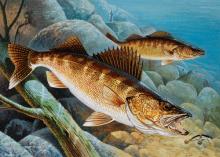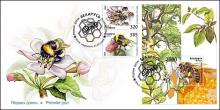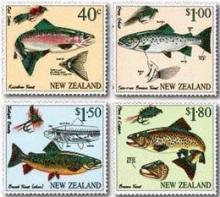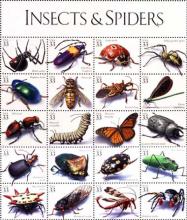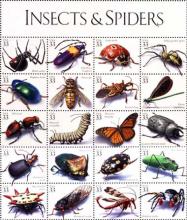Surface water contamination with neonicotinoids could explain a serious decline in Lake Scugog’s walleye population since the 1990s
A “serious decline” in Lake Scugog’s walleye population has prompted the Province to consider sweeping changes to future fishing seasons. The Ministry of Natural Resources and Forestry has put forward two proposed regulation options to address concerns about the dwindling number of walleye in Lake Scugog. While there was an abundance of walleye in the lake throughout the 1970s and 1980s, their numbers started to fall in the 1990s and continue to drop, says the ministry. “They’re not doing very well right now. They’ve declined over time,” said Ilsa Langis, a management biologist with the MNRF, on Monday, April 27. According to the ministry, “the walleye population in Lake Scugog is in serious decline with the population now at an extremely low level of abundance.” Long-term studies of Lake Scugog are showing that the walleye population is in decline and that juvenile walleye are particularly scarce. The young walleye begins to feed on invertebrates, such as fly larvæ and zooplankton. After 40 to 60 days, juvenile walleyes become piscivorous. Thenceforth, both juvenile and adult walleyes eat fish almost exclusively, frequently yellow perch or ciscoes, moving onto bars and shoals at night to feed. Walleye also feed heavily on crayfish, minnows, and leeches.

